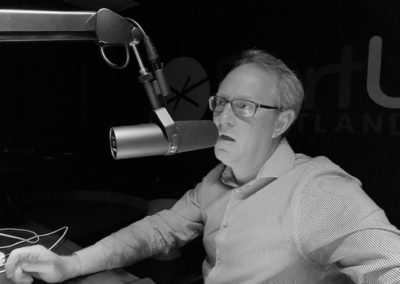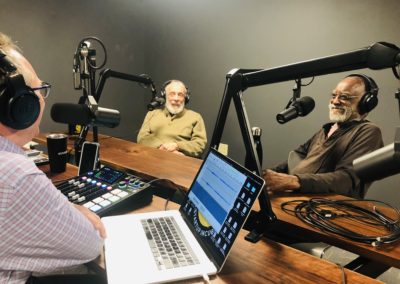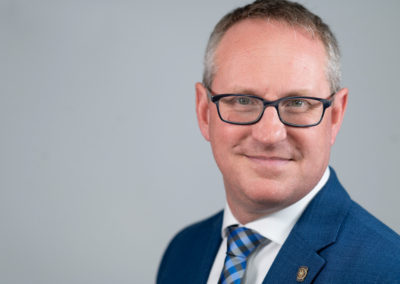The Big ‘D’ in De-Centralize
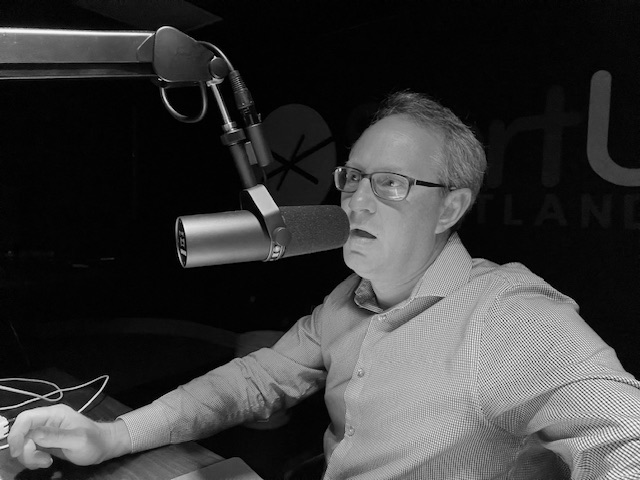
Used by permission of author
Scott M. Graves is Founder of M the Media Project and SMGraves Associates. As contributing writer to M, he writes under the series Essays from An Artist andDemocratic Capitalism. He formerly wrote under the additional series Politics, Done Local.
His work at SMGraves Associates focuses on building value in real property by considering the commercial and social ecosystems that play out within our built environments. Community Development that seeks to build pride in place and create economic opportunity for more citizens of our cities and towns.
We are witnessing a stirring shift. A shift in our focus for our nation’s economy instigated by policies such as the CHIPS and Science Act.
We might consider the act as a return to a pre-1970’s perspective on domestic investment in technology. This shift is showing us that geography does matter. The economic focus on top-down or ‘trickledown’ economics expressed by the Chicago school hollowed out most of our favorite hometowns, our most treasured places. The process of the last half century emphasized ‘the others’; some other people somewhere else who we suspect are benefiting at the expense of ourselves. The people we care for where we live and work everyday.
What good are low interest rates or a full investment portfolio if your neighbor struggles to survive working three jobs that don’t pay enough to live on?
The act of 2022 not only aims to return a key manufacturing base to the states for strategic reasons. We’re already witnessing it’s benefits in rural and deindustrialized communities such as Syracuse, NY. The Tech Hubs being formed including in Burlington, VT are another positive step.
A shift on a national scale to support labor, small-scale development and small-scale entrepreneurship has placed us at the vanguard of de-centralizing wealth-building capacity at the local level. We do not know if it can survive the politics of America’s third 21st century decade, but it does feel promising for the first time in 40 years.
Communities will not be able to take advantage of this shift unless we’re smart about positioning ourselves in the new paradigm for optimal advantage.
This shift is influencing the private capital world. In my work as a business owner and most recently as director of a fourth incubator project, our efforts at fundraising for venture capital, real estate and other private investment opportunities were met with the most support I’ve personally experienced. This interest on the part of invesotrs, political figures and average citizens is gaining momentum and perch us at the edge of a transition to draw a new map.
To this point in time, a full 80% of venture capital has benefited a few cherished places, namely Boston, Austin, TX and Central California. Wealth concentrated in these regions while corporate America hollowed out its employment base. This in turn hollowed out thousands of medium and small communities while pricing out even people of means in places like San Francisco and Boston.
Over the last five years I’ve encountered a plethora of investors and fund managers eager to explore opportunities outside of their respective bubbles. There may even be sometime soon a veritable onslaught of macroeconomic policy to further encourage this horizontal shift to go from its birth moment today to an investment map whose blood flows across and into every corner of our nation’s body.
For these reasons you must create the environment that delivers maximum impact to those looking for opportunities in our small cities and towns. The decisions we make now for technology, childcare, a smart housing strategy and a plan to ensure growing tech companies have the talent on hand when they need it must be further fleshed out from the gains already made in the last two years. Solutions must be locally controlled and respresent bottom-up responses to challenges.
For we are, I’m sure of this, at the start of a national movement to decentralize the map. For placing venture capital where it’s needed most, for updating outmoded zoning laws so we can start rebuilding our built environments to serve all of our neighbors and financing policies so more Americans can access the housing they desire. Here’s to transforming our cities and towns for a new generation.
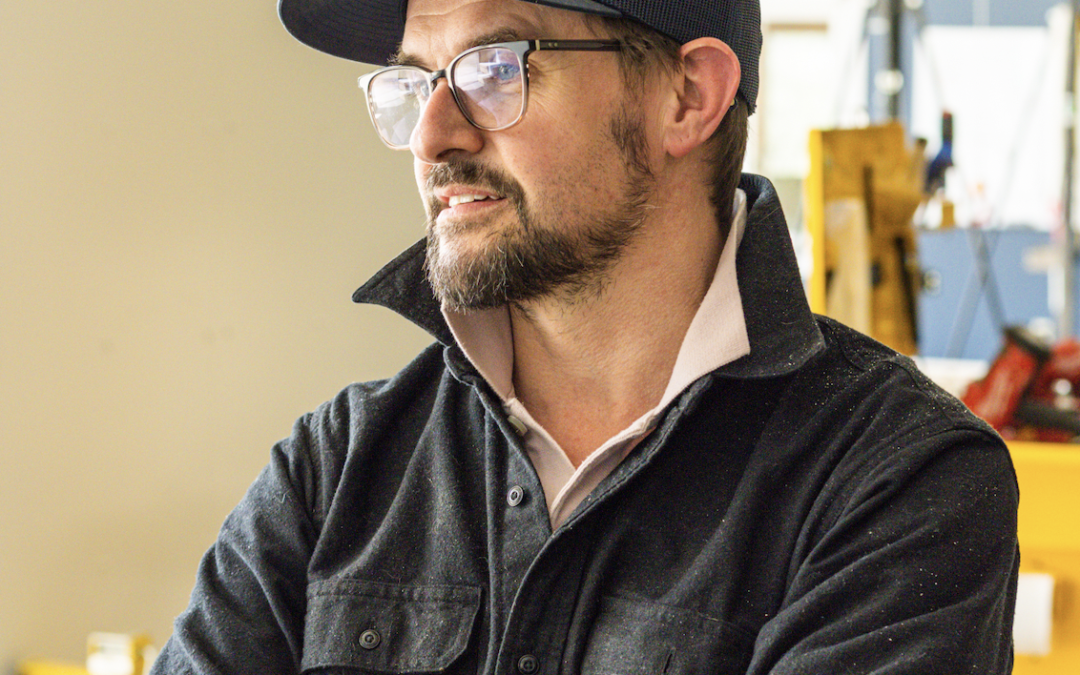
Episode 155 Are We Here Yet?
Up End This is a custom modular housing solution, a startup located in Johnson, VT. It’s founder Michael Zebrowski is the kind of entrepreneur that everyone can both connect with and look up to. He and his family have weathered the recent floods and the more daily...
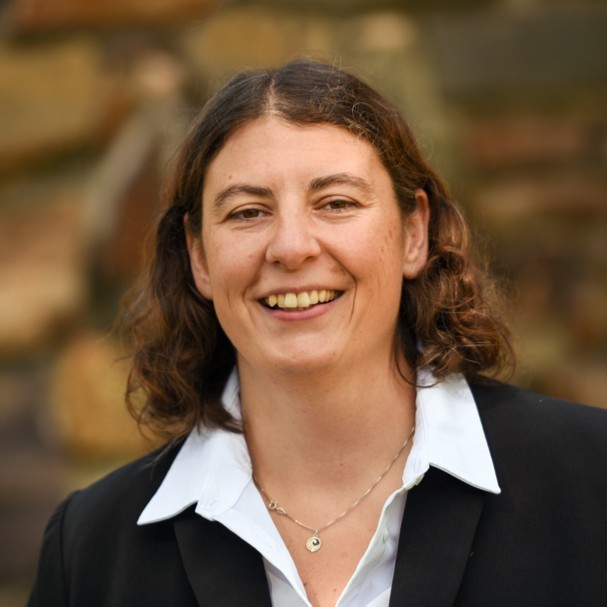
Episode 154 Are We Here Yet?
We hear from Rep. Monique Priestley and weigh in with commentary We begin our episode with an interview co-host Scott M. Graves held with Vermont State Rep. Monique Priestley (D-Bradford) regarding the latest on the bill she is co-sponsoring. VT. House Bill 121 was...
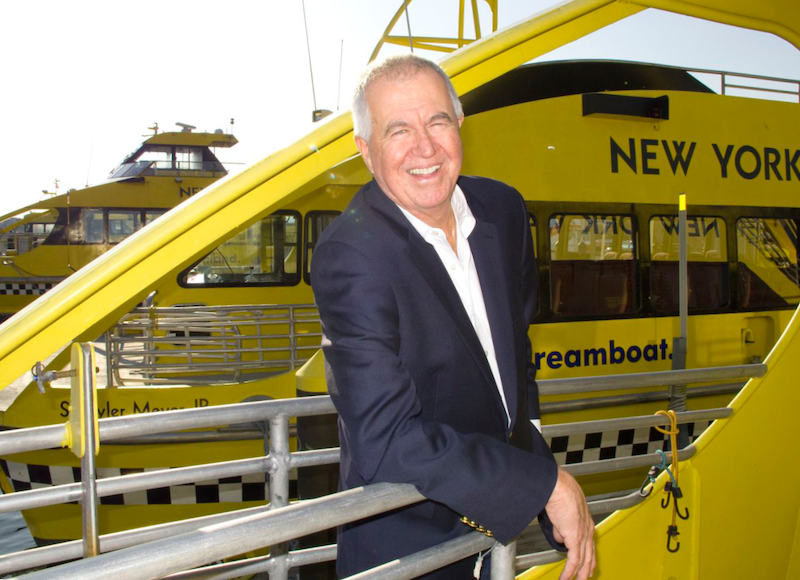
Episode 153 Are We Here Yet?
Plus Arturo O'Farrell in The Jazz Room “I believe you have to speak the other person's language and you have to respect the other person's currency.” Since 1975, Tom Fox has been at the forefront of urban park and waterfront development primarily in New York City. His...
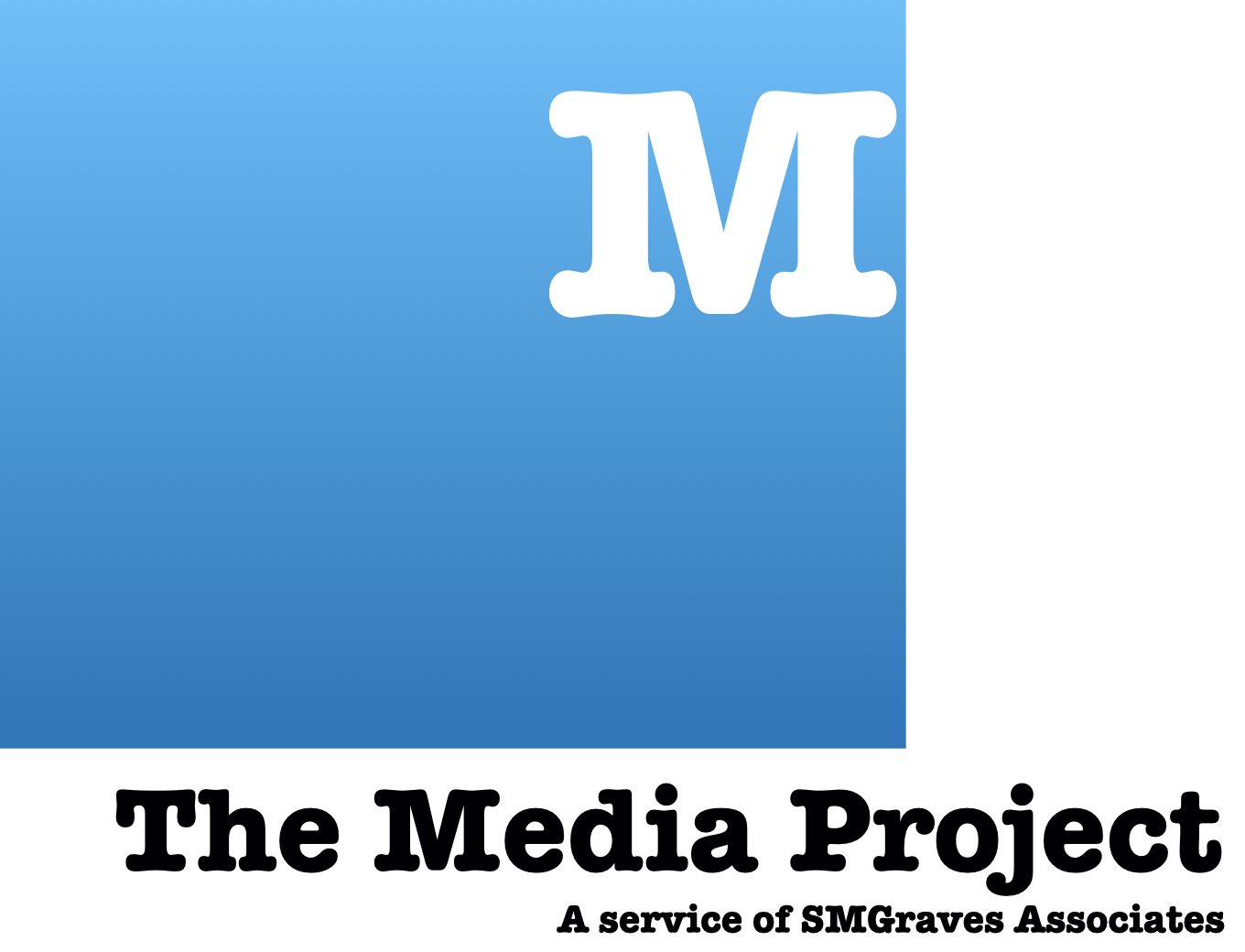
Interested in advertising with us? Perhaps you want a unique way to support the economic development work we accomplish while getting access to our intelligent and informed listeners? Join our roster of supporters. Click that button below to find out more.


